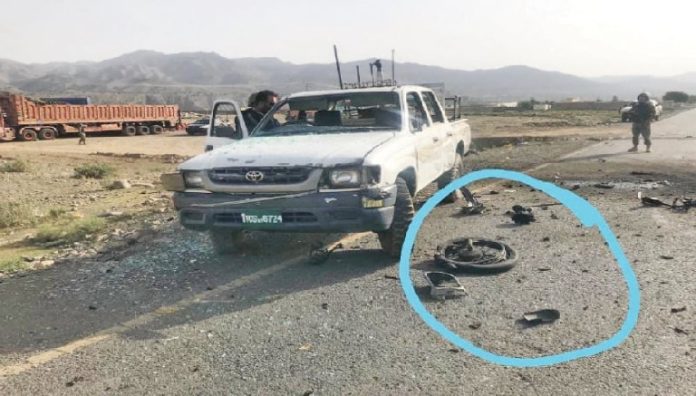In a harrowing incident that underscores the systemic failure of Pakistan’s legal and societal frameworks, a 12-year-old Christian girl was abducted, forcibly converted to Islam, and married to a Muslim man, as authorities displayed a disturbing delay in rescuing her. The case has spotlighted a troubling pattern of religious persecution and violence against minority girls in the country.
On August 9, Muhammad Asad abducted Fairy Shaukat, the youngest daughter of a widow and mother of eight children, from the Habibabad Mandi area in Pattoki Tehsil, Kasur District of Punjab Province. Despite repeated pleas for help, police forces were sluggish in their response, reflecting a broader systemic indifference to the plight of minority communities.
This incident is part of a distressing trend in Pakistan, where Christian and Hindu girls are abducted, raped, forcefully converted, and married off to their abductors. Such acts are not isolated; they form part of a broader pattern of violence and exploitation aimed at religious minorities. Even minor girls are vulnerable to forced religious conversion, abduction, trafficking, early and forced marriage, domestic servitude and sexual violence
The Paki establishment is the perpetrators of these crimes. Forced conversions and marriages are sanctioned by courts through the application of vague religious laws, which offer perpetrators legal cover to retain victims against their will. This legal system effectively empowers these vile abductors and undermines the rights and protections to victim minority girls.










